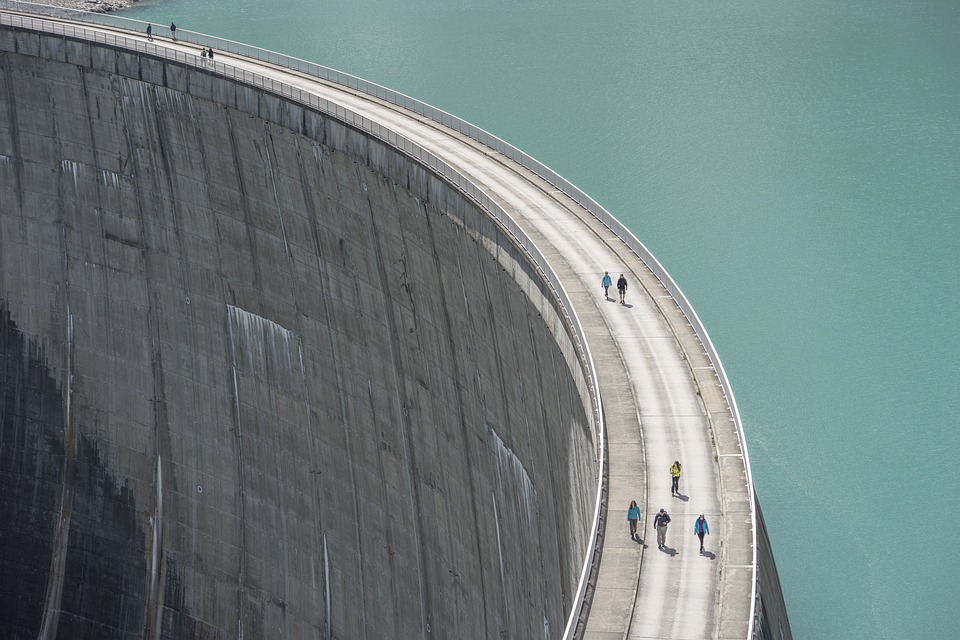Crafting a resume that captures the essence of your qualifications, especially in the field of water engineering, is vital. With the industry constantly evolving, it’s essential that your CV not only reflects your expertise but also showcases your unique skills and experiences. A well-structured resume can be your ticket to landing that coveted position. Here’s how to create a standout water engineer resume that speaks volumes.
1. Tailored Professional Summary
Your professional summary is the opening act of your CV. It should grab attention and set the stage for what’s to come. Instead of a generic introduction, personalise it. Highlight your years of experience in water resources management, any specialisations, and what you bring to the table. For instance, “Experienced Water Engineer with over eight years in sustainable water management and a proven track record of implementing innovative solutions that enhance water quality and conservation.”
2. Highlight Relevant Skills
In a field as technical as water engineering, listing your skills is paramount. However, don’t just settle for the basics. Consider categorising them into hard and soft skills.
- Technical Skills: Proficiency in hydraulic modelling software, knowledge of environmental regulations, expertise in water treatment processes.
- Soft Skills: Effective communication, teamwork, project management, and problem-solving abilities.
Employers appreciate a well-rounded candidate, so be sure to showcase both sets of skills.
3. Showcase Your Experience
Your work experience should not merely be a list of duties. Instead, use bullet points to detail your accomplishments and contributions in previous roles. Quantify your achievements where possible. For example, “Designed and implemented a new water filtration system that improved efficiency by 30%, resulting in significant cost savings.” This approach not only highlights your skills but also demonstrates your impact on past employers.
4. Education and Certifications
In the realm of water engineering, your educational background can make a considerable difference. Include your degree(s) in relevant fields—be it civil engineering, environmental science, or hydrology. Additionally, list any certifications, such as Chartered Engineer status or membership in professional bodies like the Institution of Civil Engineers (ICE). These credentials lend credibility to your application.
5. Additional Sections to Consider
While the core of your resume is crucial, adding extra sections can provide more depth to your application:
- Projects: Highlight specific projects you’ve worked on, particularly those that demonstrate innovation or significant results.
- Publications: If you’ve contributed to journals or conferences, include these to showcase your thought leadership in the industry.
- Volunteering: Any related volunteer work can illustrate your passion for water engineering and community involvement.
Final Touches
Design matters. A clean, professional layout enhances readability and ensures your CV stands out. Use clear headings, bullet points, and consistent formatting. Remember to keep it concise—ideally, one to two pages—so that hiring managers can easily digest your information.
Crafting an impressive resume for a water engineer position is both an art and a science. Emphasising your unique qualifications, skills, and experiences will help you stand out in a competitive job market.
CVPortal continues to bring you a variety of high-quality resume references, ensuring you have the tools you need to succeed in your job application journey.


